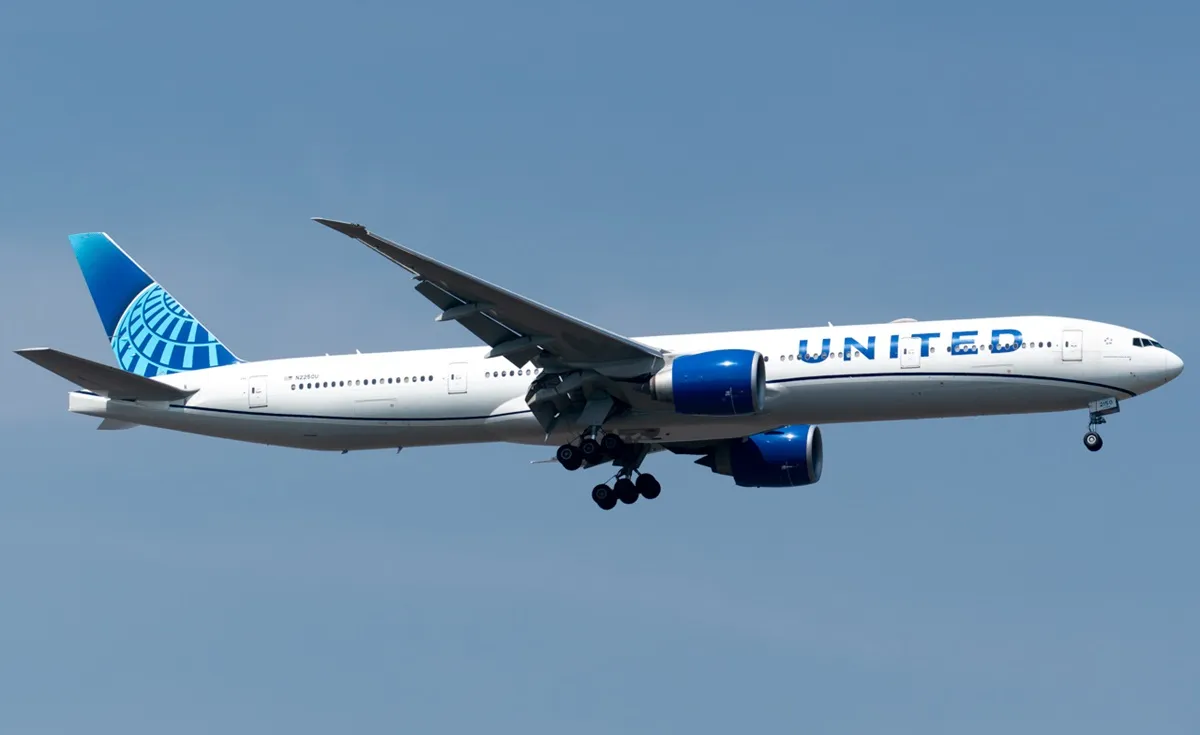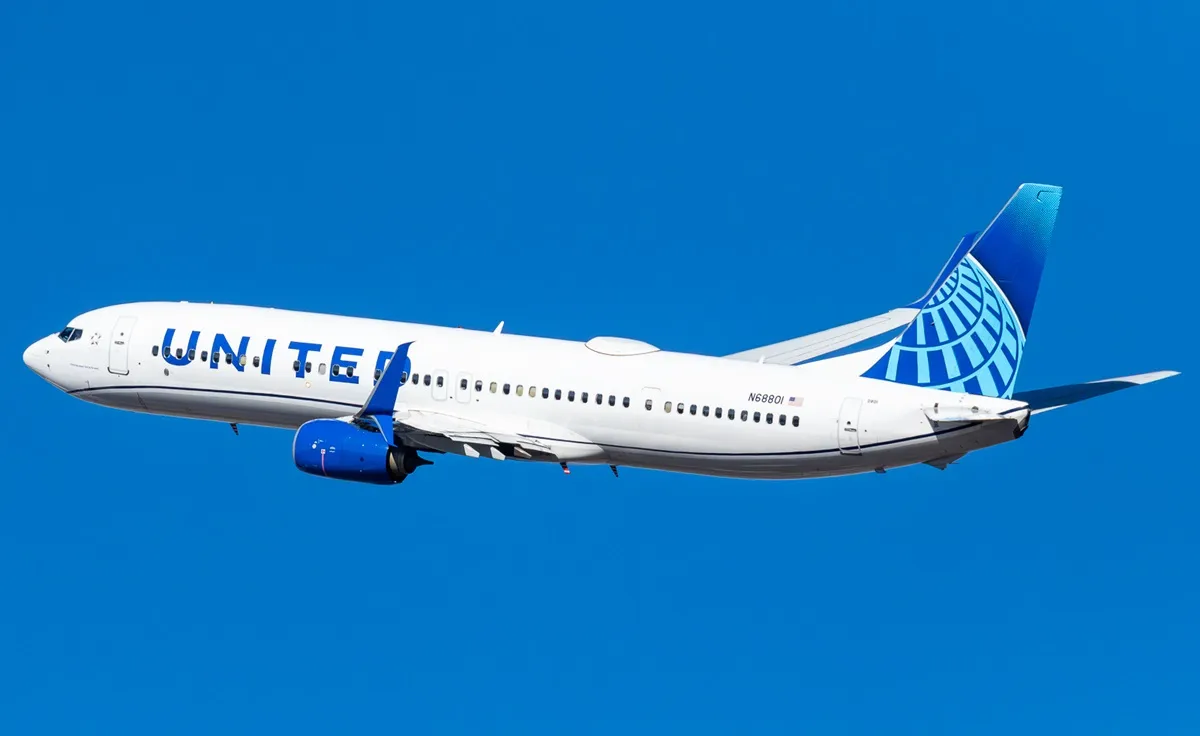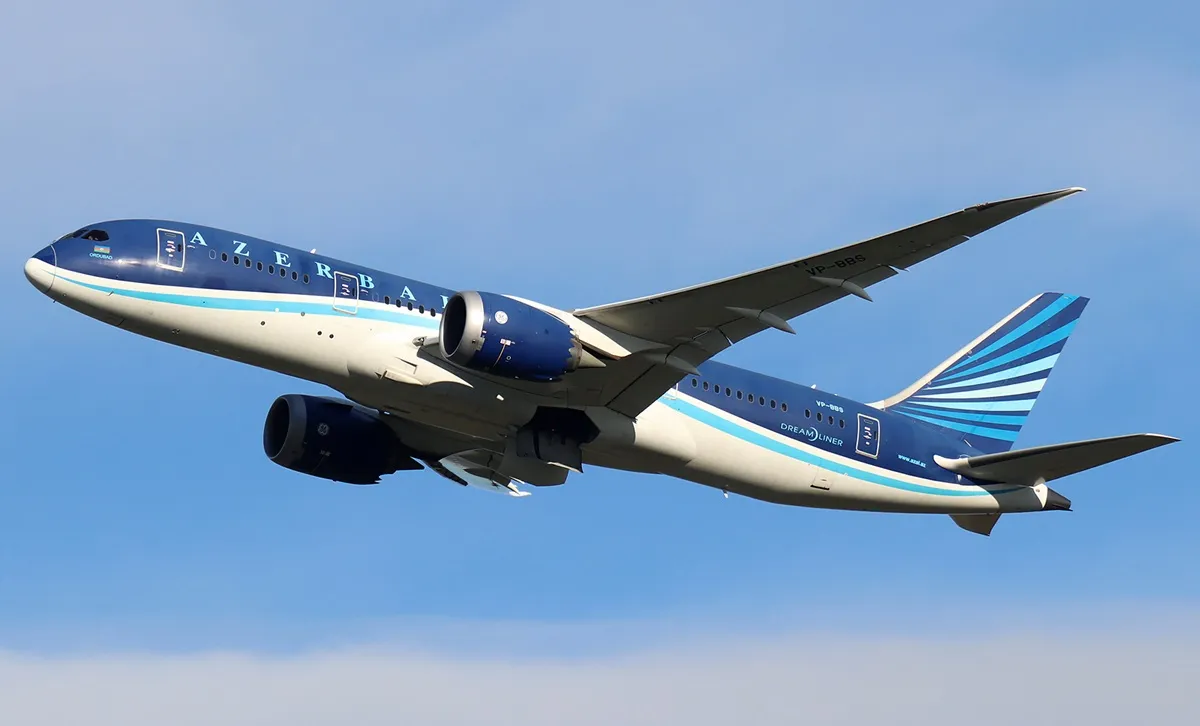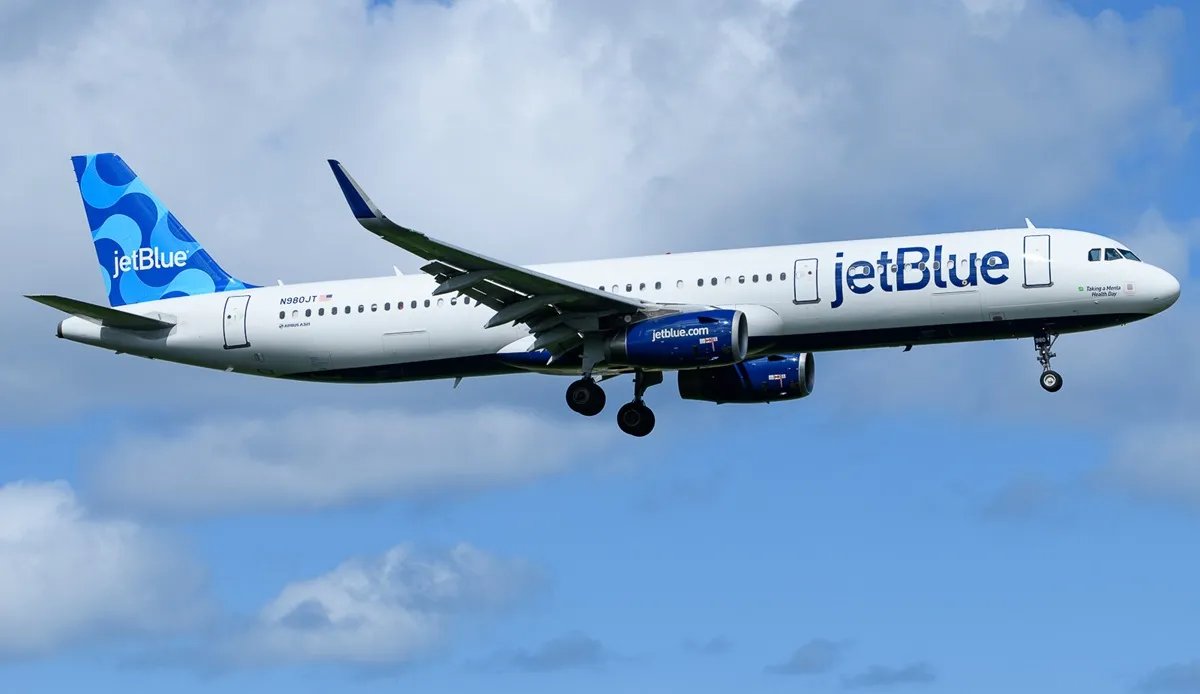
Boeing, a cornerstone of the aerospace industry, has faced significant challenges over the past decade that have impacted its reputation and operations. These issues can be traced back to the development and deployment of crucial aircraft models, notably the 737 MAX, 787 Dreamliner, and 777X program.
The 737 MAX program, introduced as an advanced iteration of Boeing's best-selling 737 series, encountered severe setbacks following two catastrophic crashes: Lion Air Flight 610 in October 2018 and Ethiopian Airlines flight 302 in March 2019.
These tragedies, resulting in the loss of 346 lives, were attributed to malfunctions in the Maneuvering Characteristics Augmentation System (MCAS), software designed to enhance aircraft stability.
The 787 Dreamliner
Investigations revealed that Boeing had failed to inform pilots about the MCAS adequately and had not provided sufficient training, leading to widespread criticism and the global grounding of the 737 MAX fleet.
Concurrently, the 787 Dreamliner, celebrated for its fuel efficiency and advanced composite materials, faced quality control issues. Manufacturing defects, including problems with the fuselage and horizontal stabilizers, led to production halts and delivery delays. These issues disrupted airline operations and raised concerns about Boeing's quality assurance processes.
The 777 X program
Adding to Boeing's challenges, the 777X program, envisioned as the next-generation widebody aircraft, has experienced multiple delays. Initially slated for delivery in 2020, the program has been postponed several times, with current projections pushing the first deliveries to 2026. These delays have been attributed to design challenges, stringent regulatory requirements, and the need to address lessons learned from the 737 MAX incidents.
These issues have prompted intense scrutiny of Boeing's engineering practices, safety protocols, and corporate culture. The company has been compelled to implement comprehensive reforms to restore trust among regulators, customers, and the flying public.
1 Executive resignation amid production restarts
This leadership transition highlights internal challenges within the company
In a significant leadership change, a top Boeing executive resigned during a critical period of production restarts. As reported by Simple Flying, this departure occurred as Boeing sought to stabilize operations following quality control problems. The resignation coincided with the resumption of factory activities, aiming to address production delays caused by manufacturing defects. This leadership transition underscores internal challenges within Boeing as it strives to restore efficiency and uphold its reputation.
2 FAA mandates a comprehensive quality improvement plan
The FAA is keeping a close eye on Boeing.
The Federal Aviation Administration (FAA) has intensified its oversight of Boeing, mandating a comprehensive quality improvement plan to address recurring issues. According to CNN, the FAA's plan requires Boeing to enhance manufacturing standards, particularly concerning the 737 MAX and 787 Dreamliner programs. This initiative reflects the FAA's commitment to ensuring that Boeing implements robust corrective measures to prevent future quality lapses that could compromise passenger safety.
The FAA employs a comprehensive oversight framework to ensure Boeing's adherence to safety and regulatory standards:
- Direct Oversight and Audits: The FAA conducts regular audits and inspections of Boeing's production facilities and processes to verify compliance with approved quality procedures.
- Organization Designation Authorization (ODA) Program: Through the ODA program, the FAA delegates specific certification responsibilities to Boeing, allowing the company to perform certain functions on behalf of the FAA. The FAA maintains oversight by approving involved personnel and monitoring their activities.
- Increased On-Site Presence: In response to quality control concerns, the FAA has enhanced its on-site presence at Boeing facilities, assigning additional safety inspectors to closely monitor production processes and ensure adherence to safety protocols.
- Enhanced Monitoring of In-Service Events: The FAA actively monitors in-service events involving Boeing aircraft to promptly identify and address potential safety issues, implementing necessary corrective actions to uphold safety standards.
- Collaboration and Communication: The FAA maintains open lines of communication with Boeing to facilitate the exchange of information regarding safety concerns, production changes, and compliance matters, ensuring alignment in their commitment to aviation safety and regulatory compliance.
3 Quality defects discovered in undelivered 787 Dreamliners
Improper installation of parts led to an internal investigation
Boeing's 787 Dreamliner program has faced setbacks from discovering quality defects in undelivered aircraft. As detailed by Reuters, improperly installed parts were identified, prompting an internal investigation. This issue has led to delays in customer deliveries, further straining Boeing's supply chain.
Airport Technology reports that the defects involve fasteners joining specific aircraft components. While not deemed an immediate safety threat for in-service planes, this development has necessitated additional inspections and rework, impacting production schedules.
4 Whistleblowers expose systemic safety violations
Fear flooded the head office
Internal safety practices at Boeing have come under scrutiny following allegations from a whistleblower. During a congressional hearing, as reported by The Guardian, the whistleblower claimed that Boeing prioritized production schedules over safety standards, leading to quality oversights. These allegations have intensified scrutiny of Boeing's corporate culture and raised concerns about the adequacy of its safety protocols. The claims suggest a need for a cultural shift within the company to prioritize safety and quality over production pressures.
5 Ongoing quality issues affect the 737 MAX program
Grounded for safety, now under scrutiny for quality challenges
The 737 MAX program, previously grounded due to safety concerns, continues to face quality challenges. The FAA has reported recent quality concerns leading to delays in approvals for new aircraft variants. These issues include minor structural defects that require rectification before the planes can enter service. Boeing has committed to addressing these defects but remains under stringent FAA scrutiny.
As noted by Forbes, these recurring problems highlight the necessity for a comprehensive overhaul of Boeing's quality assurance processes to restore confidence in its products. Boeing's recent quality control issues have led to significant operational and reputational challenges.
The company's efforts to address these problems involve leadership changes, compliance with regulatory mandates, internal investigations, and a potential cultural shift towards prioritizing safety and quality. The outcomes of these initiatives will be crucial in determining Boeing's ability to regain its standing in the aerospace industry.



